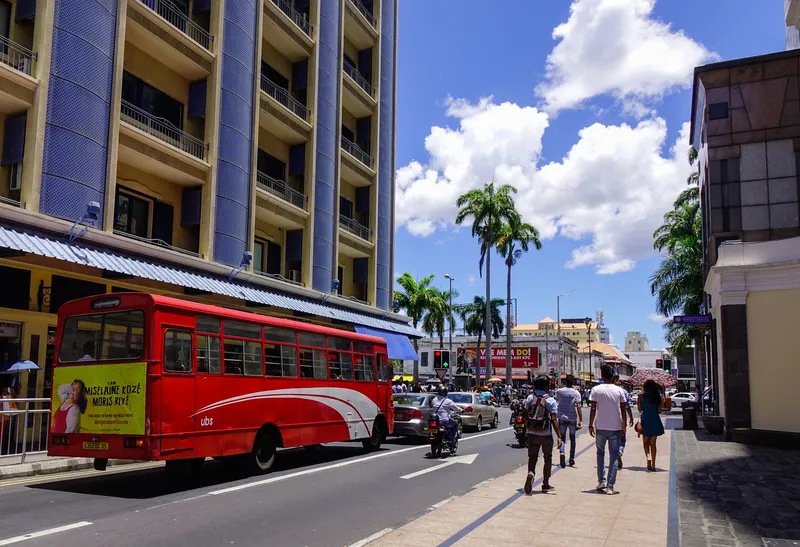
Mauritius is an island nation located around 2,000 km off the south-east coast of the African continent.
LIT is delivering the technology as part of a passenger information service launched by the minister of land transport and light rail Alan Ganoo to modernise transport systems across Mauritius.
Ganoo says: “The passenger information system project responds to the demands of modern life. People want control over their journey, with quick links to public transport transfers. They need to know when and where their transport will arrive, and our bus system needs to adapt to this need.”
The technology provider says its solution integrates its LIT Operate transit management system and LIT Inform passenger information system with e-paper bus stop displays supplied by Papercast. This first phase of the project incorporates 365 buses along routes servicing 34 bus stops.
According to LIT, Operate will also give NTLA real-time visibility of activities across the network, with live performance statistics. Access to operational insights enables NTLA to adapt services and respond to demand to improve its services, the company adds.
“Our goal is to offer quick and direct links to transport hubs, with smooth transfers.” Ganoo continues. “We want to ease commuter frustration with long trips on congested roads.”
The platform captures and processes fleet data using LIT's Internet of Things tracking technology.
The company's advanced arrival prediction engine is expected to make instant adjustments to improve accuracy and generates expected time of arrival data which is compliant with global open data standards.
This travel information is then made available to commuters in real-time via the e-paper displays installed at the bus stops and the Maubis travel app developed by an unnamed third-party.










